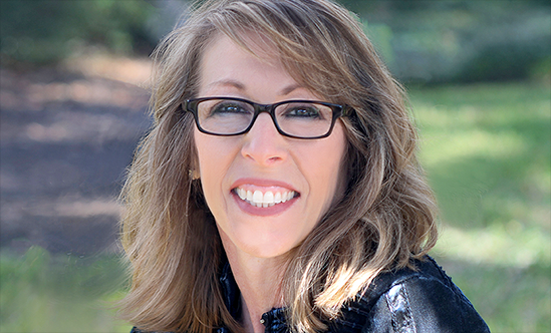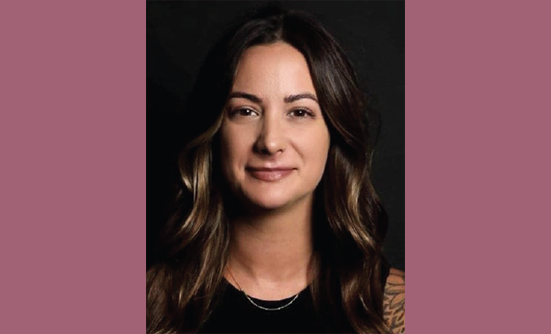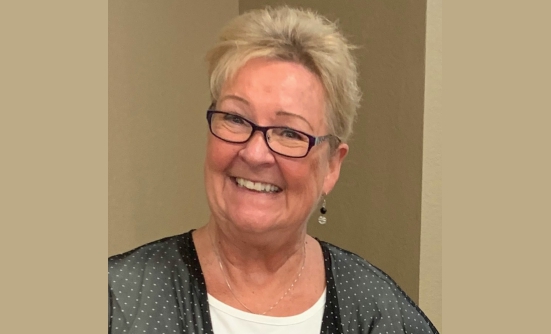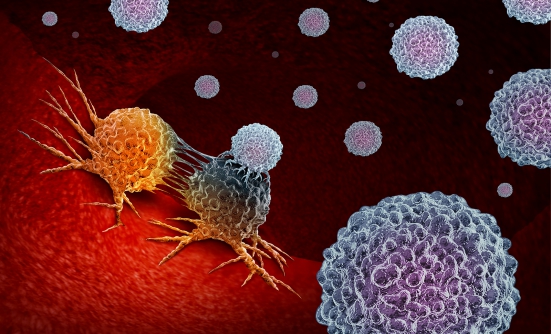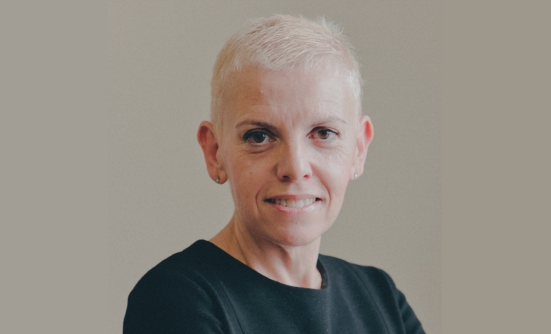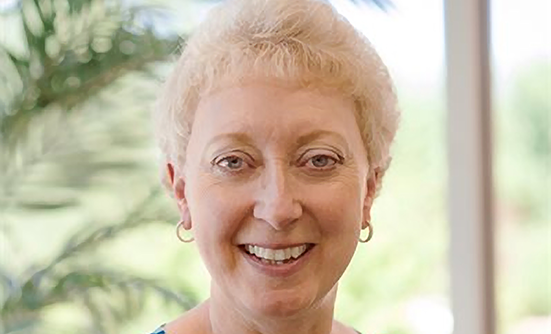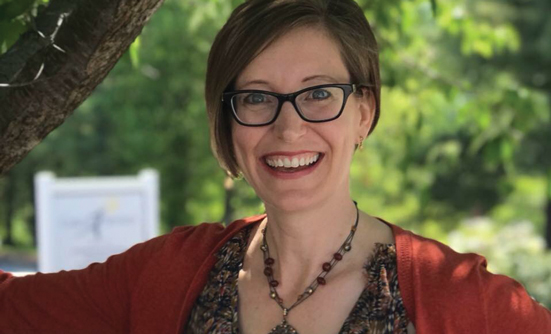Fatigue and tiredness are not the same. Tiredness is what you feel when you don’t get enough sleep, when you overexert yourself, or when you skip a meal. A good night’s sleep, a nap, or a nutritious meal can be rejuvenating. Fatigue is different. It is an overwhelming sense of physical and mental exhaustion that is not relieved by sleep. It is one of the most common side effects experienced by patients with cancer, and it can have a profound effect on their quality of life.
The body is like an energy bank. When you make a withdrawal, you need to also make a deposit to keep the balance. Patients with cancer experience many withdrawals, leaving their energy bank overdrawn. Fatigue may be caused by the cancer itself, the treatment, medications, poor nutrition, stress, depression, pain, or a combination of these things.
Causes of Fatigue
Cancer cells release substances called cytokines, which are chemical messengers that are part of the body’s immune system. An elevation in the amount of cytokines in the body produces aches, fever, loss of appetite, and fatigue. Cancer cells also require nutrients and oxygen, which deprives the body of its sources of energy. Muscles may weaken and the heart has to work harder. When cancer is advanced, fatigue can be overwhelming.
Cancer treatment also has an effect on the body’s energy bank. Surgery, chemotherapy, and radiation therapy damage healthy cells, along with cancer cells. The body must expend extra energy to repair itself. Many people underestimate the time it takes to return to the usual daily routine after completing cancer treatment. Surgery may be followed by chemotherapy or radiation therapy, which puts further burden on the body.
Fatigue usually occurs within the first few days of receiving chemotherapy and becomes cumulative as treatment continues. With radiation therapy, fatigue begins to set in around the third or fourth week and may continue even after the end of treatment. It may take several months for energy to improve. To make matters worse, the medications used to relieve cancer symptoms and treatment side effects can cause drowsiness, further depleting the body’s energy bank.
The bone marrow, which produces white blood cells, red blood cells, and platelets, can be affected by cancer and cancer treatments. Red blood cells carry oxygen and iron, so low levels can result in shortness of breath, rapid heart rate, and fatigue. If white blood cells are low, the body is not able to fight infection and becomes fatigued. Platelets help to clot blood, and people with low levels of platelets often complain of fatigue. Poor nutrition, depression, stress, insomnia, and pain place further stress on the body and affect the energy bank.
1. Set a routine for sleeping and waking. Try to get out of bed and go to sleep at the same time each day. A nap can be helpful, but make sure to nap before 3 PM to avoid difficulty falling asleep at night.
2. Prioritize and pace your activities. Schedule time to rest before and after an activity to avoid exhaustion. If there is a special event, plan ahead.
3. Set boundaries. Learn to say no if you feel you need to rest. Allow others to help with chores and errands.
4. Keep moving. Studies have shown that exercise can boost endurance and add to the energy bank. Try taking a walk, using resistance bands, swimming, or seated yoga. Whatever you choose, make it part of your daily routine.
5. Fruits, vegetables, and lean proteins, such as beans, nut butter, chicken, and fish, can nourish the body and help boost the immune system. Small, frequent meals may be better than trying to eat 3 large meals. Consider consulting a nutritionist who can help you to develop a nutrition plan.
6. Stay hydrated with water. Avoid sugary drinks.
7. Communicate. Talk with your doctor about your fatigue and about any side effects or symptoms. Pain, nausea, diarrhea, and poor appetite contribute to energy loss. Some medications cause drowsiness. Your physician can help with these side effects and may be able to change your medications to decrease drowsiness.
8. Deal with stress, anger, and depression. Support groups, counseling, meditation, and humor can help. Your physician or nurse navigator can provide resources to help manage your emotions.
Ask Your Care Team
Fatigue is one of the most prevalent side effects in patients with cancer, greatly affecting quality of life. Your physician and nurse navigator can help address the symptoms, side effects, and emotions that may be draining your energy. By nourishing your body, exercising, and pacing your activity, you will be better equipped to cope with fatigue, replenish your energy bank, and improve your quality of life.





